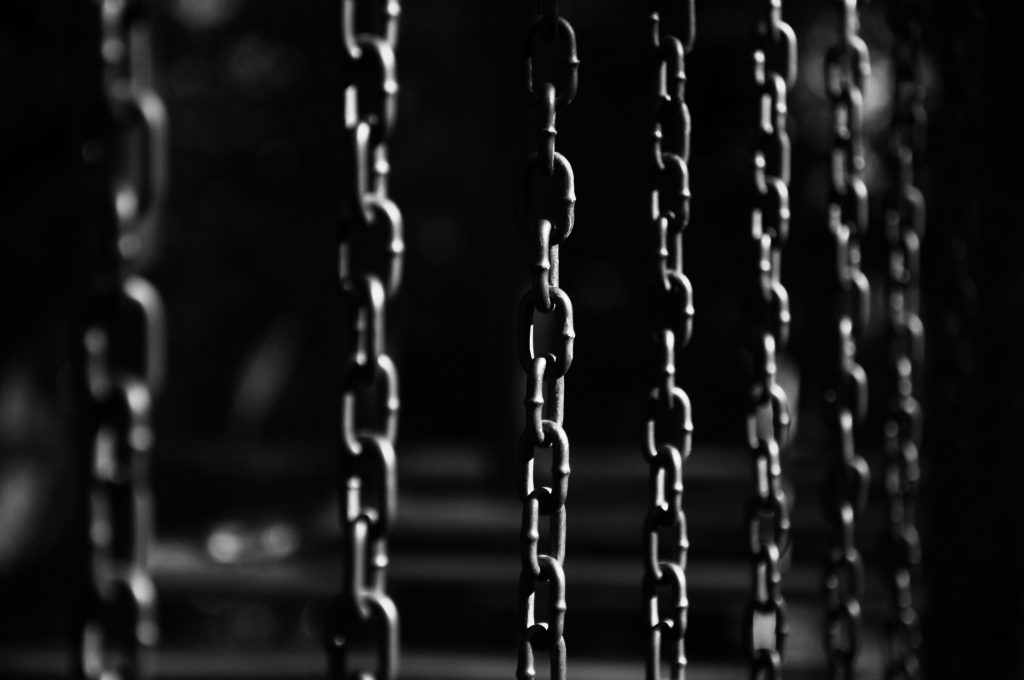
In the summer of 2014 a 14 year old girl was taken to the Economy Inn in Springdale, Arkansas. Over the next three years she was sexually assaulted, abused, and exposed to drug use as a victim of sex trafficking at the motel. According to court documents, the motel management knew she was being trafficked. If police came around the motel, management would advise the traffickers to move the girl to the Royal Inn down the street. The traffickers paid in cash, and the cleaning staff at the motel was not allowed in the girl’s room. Her abusers often kept her there for weeks at a time while the motel simply looked the other way and allowed her to be sold over and over again until July of 2017.
The abuse she suffered was so horrible that experts estimate it may have shortened her life expectancy by more than a decade. After reviewing her case, earlier this summer a Benton County judge ordered the former owners of the motel to pay her more than $25.4 million as part of a lawsuit for negligently allowing her to be trafficked.
But if the nursing home industry and some Arkansas lawmakers had gotten their way a few years ago, that judgment against the motel might have been no more than $2 million.
In 2017 lawmakers voted to place an amendment on the ballot capping noneconomic and punitive damages in personal-injury lawsuits. Under that proposal, noneconomic damages could have been capped at $500,000 for injury or death, and punitive damages would have been limited to three times the noneconomic damages.
All of the damages that the judge ordered the motel owners to pay in this sex trafficking case were noneconomic and punitive damages. Had Arkansas capped those damages, the most the judge could have awarded the sex trafficking victim in this case would have been $500,000 for her pain and suffering and $1.5 million in punitive damages. That’s a total of $2 million instead of $25.4 million. Two million dollars might sound like a lot of money, but it is not much compensation for the destruction of a human life.
Fortunately, the Arkansas Supreme Court ruled that the legislature’s 2017 amendment was overly broad and could not be brought before the people for a vote. If that hadn’t happened, the motel owners that helped human traffickers in Northwest Arkansas might have gotten away with paying less than one-tenth as much money as the judge ordered them to pay earlier this summer.
Human traffickers should go to prison, and companies that aid or abet human trafficking should have to pay.
It’s hard to punish wrongdoing if our laws limit the amount of money a court can order someone to pay for injuring or killing another person. Family Council never has opposed responsible lawsuit reforms, but for nearly 20 years we have opposed measures that make it harder to make wrongdoers pay in court.
This sex trafficking case out of Springdale highlights once again why Arkansas does not need to limit the ability of judges and juries to decide how much someone should have to pay for destroying a person’s life.
Articles appearing on this website are written with the aid of Family Council’s researchers and writers.



